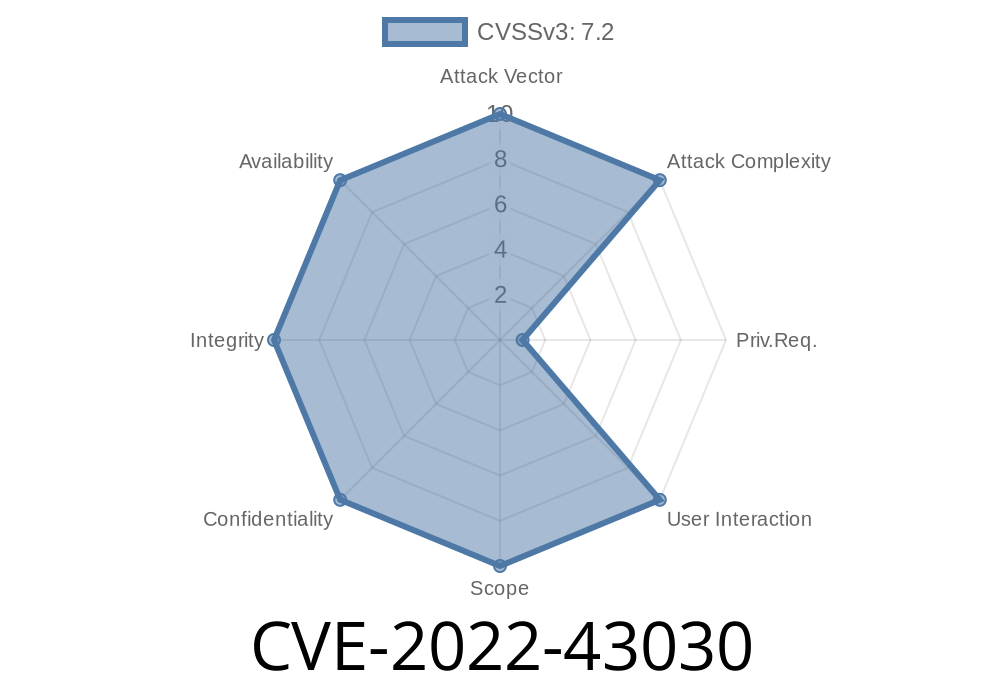If a user visits a malicious website or opens an email with an infected attachment, the background script on SIYUCMS can be injected and executed, giving the attacker server-level access. The server-side script on SIYUCMS can be exploited to execute remote code, leading to a potential attack vector. A hacker can use a specially crafted background command to install a malicious script on the server, giving the attacker full control over the affected server. End users are not likely to visit websites or open email attachments that are sent from unknown senders. However, the server-side script in SIYUCMS can be exploited by hackers to gain server-level access to the affected server. If you have installed SIYUCMS on your server, then we advise you to update the server-side script immediately.
How to protect your server from SIYUCMS attack?
There are two ways to protect your server from SIYUCMS attack. First, the malicious background script of SIYUCMS can be blocked by disabling JavaScript in your browser. If JavaScript is disabled, then SIYUCMS will not be able to execute on the web page or open an attachment on email that contains the malicious background script. Second, you can also block all emails that come from senders you do not trust, such as unknown senders or senders with suspicious names. This can significantly reduce the chances of your server being compromised in case someone sends a malformed email to you.
Background Information
Background scripts are scripts that run on a server without the user's interaction. They can be used by hackers to execute remote code on the server and create a backdoor, giving the attacker full control over the affected server. Background scripts in SIYUCMS have the potential to cause serious security risks for your business if they are exploited by hackers. SIYUCMS uses background scripts to do system administration tasks, such as installing patches or updating the operating system. This is how SIYUCMS can update itself without requiring an end-user login. However, SIYUCMS also has a flaw in its background script that leaves it vulnerable to being exploited by hackers.
CVE-2021-43025
SIYUCMS is vulnerable to CVE-2021-43025, a cross-site scripting vulnerability that allows an attacker to inject malicious scripts into the SIYUCMS web interface. The background command on SIYUCMS can be exploited to execute remote code, giving the attacker server-level access. A hacker can exploit this vulnerability by using a specially crafted background command to install a malicious script on the server, giving them full control over the affected server. End users are not likely to visit websites or open email attachments that are sent from unknown senders. However, the server-side script in SIYUCMS can be exploited by hackers to gain server-level access to the affected server. If you have installed SIYUCMS on your server, then we advise you to update the background command immediately.
Timeline
Published on: 11/14/2022 23:15:00 UTC
Last modified on: 11/17/2022 21:07:00 UTC
